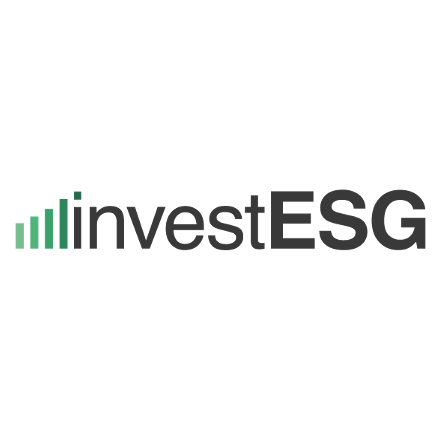

© John Schaidler
Investors have a vital role to play in affecting systemic change on Diversity, Equity and Inclusion (DEI) issues, not only within their own organisations, but more widely across society.DEI issues are human rights issues. The PRI encourages investors to view human rights issues with as much importance as they view climate issues, aligned with the equitable adoption of Sustainable Development Goals into investment practices.> Refer to more articles on human rights on investESG.eu> Diversity & Inclusion asset owner request on investRFP.comThus far, gender has been the issue within DEI which has commanded the most focus. Progress has been made on this front, though we still have a long way to go.However, it’s now vital the focus expands beyond gender and encompasses the intersectionality across the spectrum of diversity issues – on areas such as race (among others).This in turn means increased there is a strong need for focus on inclusion and equity – a necessary step needed to unlock the full benefits of systemic change on DEI.There are a number of drivers for investor action on this topic, including both increased regulatory focus on DEI issues and the potential for improved business and investment outcomes.The benefits of improving performing DEI are well understood and demonstrable – including but not limited to the avoidance of “groupthink,” positive impact on employee engagement and performance, reputational gains among stakeholders, greater reflection of beneficiary preferences and increased access to untapped markets.In addition, strong evidence exists to suggest that systemic inequality on a national and international scale can not only have a detrimental effect on individuals’ own financial wellbeing but can also stymie economic growth. Addressing DEI issues stands to grow the workforce, improve productivity, and therefore drive economic growth and global innovation.Investors should seek to drive change on this in three key areas: inclusive corporate cultures, inclusive business models and inclusive societies.Inclusive corporate cultures means embedding DEI issues within a firm. That means focussing not only on representation at board level, but across a workforce, in order to address structural barriers faced by underrepresented groups.Inclusive business models means incorporating DEI considerations into the design of a firm’s products and services, as well as pushing for this incorporation in underlying value chains.Inclusive societies entails investors working for coordinated change across relevant policy areas, as well as acting in concert to realise progress on DEI across all industry sectors.No single measure adopted by investors will solve the DEI issue if it’s used in isolation – investors’ full consideration and understanding of the range of measures that can be implemented is required to realise the systemic change we need. These potential measures are outlined in full in the PRI’s report, which aims to promote further discussion on the issue.Examples of steps investors may take could include, for example, a passive investor considering how their weighting towards DEI factors is managed through mechanisms such as bespoke indices.Or, for active investors, one step they may consider could be implementing a screening process to a set a firm “floor” for portfolio companies’ DEI standards.Likewise, the profile and standing of many asset owners and asset managers provides a platform for effective engagement within the public policy sphere. Investors may consider lobbying on issues such as mandatory DEI disclosures and associated legislative developments which could positively impact the DEI sphere.Elena Espinoza, Senior Specialist, Human Rights and Social Issues, at the Principles for Responsible Investment comments: “DEI has a clear basis in human rights and is a core tenet of the United Nations Sustainable Development Goals. As such, responsible investors have a duty to embed the Goals in their investment activity, and we’re calling on them to do more on the issue of DEI specifically. With this report, we’re encouraging investors to closely consider the issues at hand – namely, that addressing diversity must also entail addressing equity and inclusion too – in order to affect long-term systemic change. We’ve shown clearly the benefits of addressing systemic DEI issues, including to individuals, firms themselves, the communities most affected and the wider economy and society. Now, we’re asking investors to consider steps they can take to enact meaningful change.”> PRI Report investESG.eu is an independent and neutral platform dedicated to generating debate around ESG investing topics. All opinions expressed are those of the author or contributing source.
Published by
 investESG
investESG
 investESG
investESG

